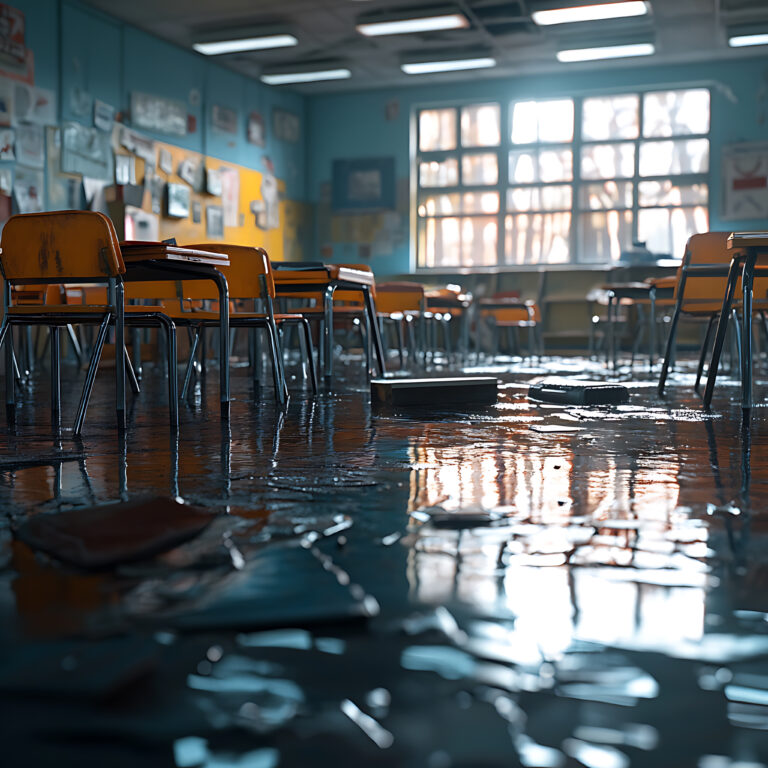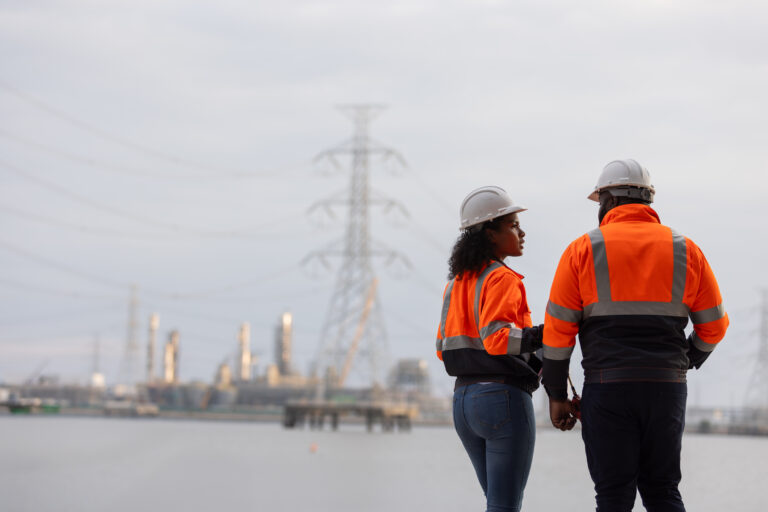The BBC reports of schools so cold that children are wearing gloves and coats in class, and schools ineligible for funding for repairs despite experiencing substantial heat losses in their buildings.
In addition, some schools are still overcoming the fallout of the RAAC (Reinforced Autoclaved Aerated Concrete) crisis which unfolded in September, affecting 231 settings and forcing some to close off areas and buildings.
Figures from the government indicate that the average primary school in England needs £300,000 worth of maintenance or upgrades, while the average secondary school needs an estimated £1.5m.
A National Audit Office (NAO) report last year found about 24,000 school buildings were “beyond [their] original design life”, while some 700,000 children were having to learn in “a school that the responsible body or DfE believes needs major rebuilding or refurbishment”.
How can Zenergi help?
Zenergi has helped several schools identify how to solve their energy efficiency challenges through energy audits, heat decarbonisation plans and condition surveys. By understanding where your energy losses are and the opportunities for reducing or eliminating them, alongside quantification of the costs for doing so, school leaders can build the case for investment to ensure their school buildings are fit for purpose.
An energy audit enables you to identify, understand and prioritise the energy-saving opportunities across your site. The audit will typically identify a range of practical low-cost and no-cost measures, together with a range of longer-term investment measures, including quantification of the costs, savings, and estimated return on investment of each opportunity identified. The output of the audit is a comprehensive project register of energy saving measures that can be used to build the case for investment. The savings identified through low-cost and no-cost measures typically pay for the audit within a year.
A mechanical and electrical condition survey enables you to plan and budget for the maintenance and management of your buildings and assets by understanding condition and lifecycle costs. The service enables informed decision-making by allowing you to prioritise and budget for maintenance and repair of your buildings and assets, while improving energy efficiency and reducing costs. The survey can identify health and safety or statutory compliance issues and highlight any services that are not being maintained appropriately.
A heat decarbonisation plan is your strategic plan to move away from fossil-fuelled heating systems. The service incorporates a full energy/carbon audit of potential conservation measures that may be required to enable your site to decarbonise in the most cost-effective and logical manner. The output is a comprehensive report with recommendations, estimated costs of implementation, payback times and carbon savings. The assessment will include an appraisal of the various alternative heating systems available, such as air source / ground source heat pumps and biomass, and a carbon reduction timeline illustrating your future carbon reduction trajectory. A heat decarbonisation plan is now a fundamental element within applications for government funding schemes, including the Public Sector Decarbonisation Scheme (PSDS).
*Read more about the BBC’s investigation here













